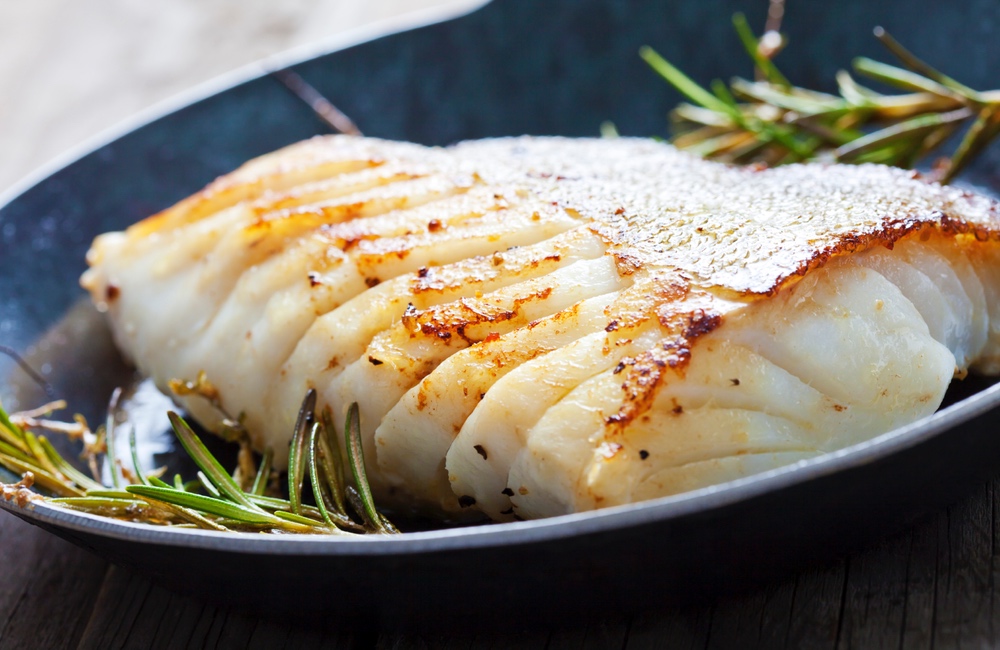Who hasn’t forgotten where they left their car keys or drawn a blank trying to recall a name? When we’re young, we don’t give these lapses a second thought, but as we grow older, and senior moments become more frequent, it's natural to become concerned. Forgetfulness is a normal part of aging, but it can also signal the start of memory loss.
Seafood can help. According to a new study, eating at least one seafood-based meal a week can slow the normal decline in brain function that occurs with aging.
The study involved over 900 people with a mean age of 81 years who had no signs of dementia. Over the next five years, researchers tested five areas of memory — working memory, episodic memory, visuospatial ability, semantic memory and perceptual speed.Among participants with a genetic tendency for developing Alzheimer’s disease, there was an even stronger protective association from eating seafood.
People in the study were divided into two groups — those who ate at least one seafood meal per week and those who ate less than one seafood meal per week. Those in the first group ate, on average, two seafood meals each week, while those in the second group ate the equivalent of one-half of a seafood meal each week.
Those who ate more seafood had slower decline in semantic memory, the ability to recall knowledge acquired about the world, for example, that Seattle is a city in Washington or what spaghetti squash is. Eating seafood was also associated with slower decline in perceptual speed, or one’s ability to compare letters, objects and patterns quickly.
Eating seafood did not affect declines in working memory (short-term memory for recalling a restaurant's specials, for example) visuospatial ability (seeing the relationship between objects) or episodic memory (remembering personal experiences.)
Among those participants with a genetic tendency for developing Alzheimer’s disease, there was an even stronger protective association from eating seafood. The gene is carried by about 20 percent of the population, but having the gene does not mean you will develop Alzheimer’s disease.
All fish and seafood provide omega-3 fatty acids. Two very important ones, EPA and DHA, are found in fatty fish like mackerel, sardines, tuna, herring and salmon, and in lesser amounts in seafood such as shrimp, crab and scallops. ALA, another omega-3 fat, is abundant in nuts and seeds.
To increase your intake of the brain-healthy fats, aim for at least two fish or seafood meals a week and focus on eating more of the fatty fish. Snack on palm-sized portion of nuts or seeds instead of empty-calorie chips, crackers or cookies.
The study is published in Neurology.





